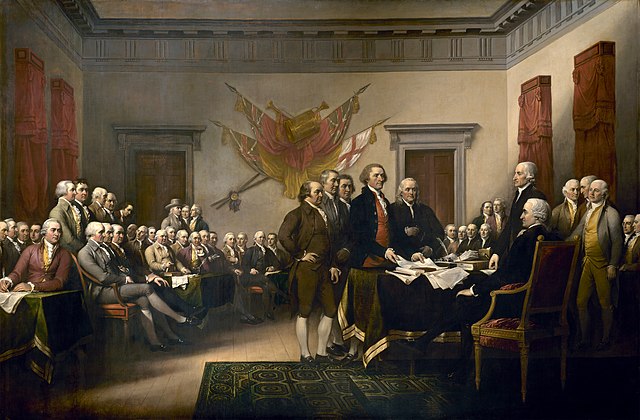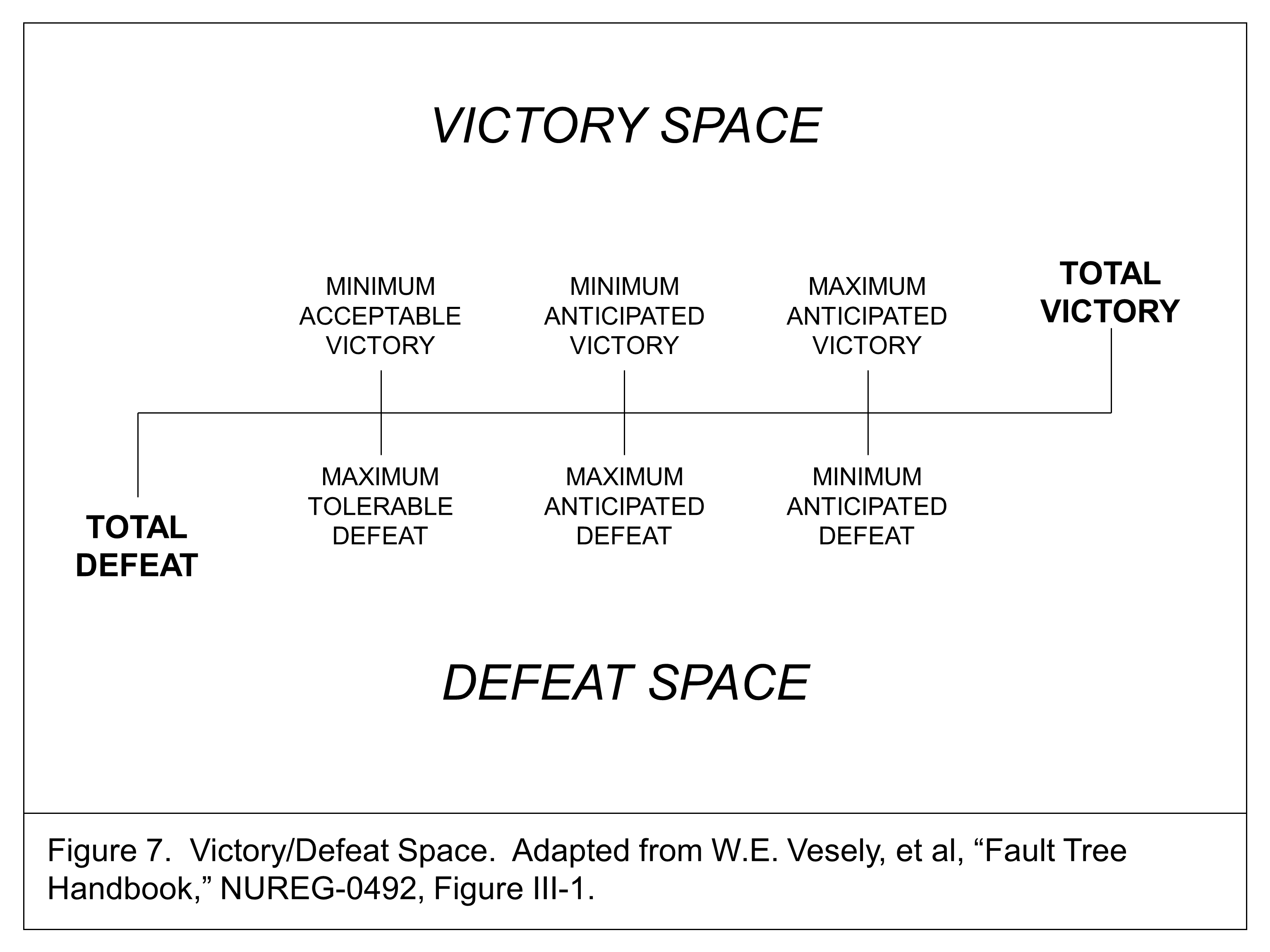It seems to me that Church and State need not be separate if the people running them could be trusted to … well, could be trusted.
In other words, Church and State need to be separate so long as either seeks to control the people.
And since all too often both seek — sometimes in overt and sometimes in insidious ways — to control, to dominate, rather than to liberate the populace, they must be kept separate. It is bad enough to have two separate institutions seeking control, sometimes vying for it, but it would be orders of magnitude worse to have them acting in concert to control the citizenry.
Of course, each will claim to act in the people’s best interests. But do they? Consistently enough to be trusted to act without restraint or supervision? Well enough that, rather than paying them lip service (and, admit it: we quite often do), we should turn over our own agency and responsibility to them? In a word: No! Neither Church nor State may be trusted to act dependably in all our best interests.
To be clear, I do not believe that every single pastor, priest, elder, deacon, senator, representative, mayor, council member, and so forth is naturally untrustworthy. Some, no doubt, have unflappable integrity. But in service to their institutions, and when invested with the power of increasing authority, they may act more to benefit their organizations — and to secure their places within the organizations — than anything else. They may begin their service out of legitimate heartfelt concern for others, but the higher they rise in the hierarchy the more they may shift to self-interested service, if not outright service of self.
So it is in all our best interests — the best interests of those of us in the trenches of real life — to keep Church and State separate.

(Image: “The Separation Of Church And State,” by Ian Sane, on Flickr under Creative Commons.)
And, in my view, it is in all our best interests to keep Church and State at least a little unequal, with the balance of power between them tilted in favor of the civil State. In our own lives we may place our thumb on the scale and pay more heed to the Church, but upsetting that balance for the nation at large would be a bad idea. The State at this time in our history seems to be leaning toward greater and greater centralization and ever more draconian and even tyrannical exercise of its power, but with a little wisdom and effort we may still check its excesses without open conflict. However, a State in service to a Church — no matter what brand or how well-meaning — would, by virtue of its finding its guidance in holy writ, be less likely to question either its motives or its actions and therefore more likely to stride into abuses that could only be corrected by bloody rebellion.
Speaking of bloody rebellions, think back for a moment to our Declaration of Independence. It posits that we institute governments to secure for citizens the rights they naturally have been endowed by their creator. That is as close as Church and State need to be: that the Church recognize the civil authority, and that the State recognize that it is the guarantor, not the provider, of the people’s rights.
And despite the name, it is good to remind ourselves that we do not establish a government in order that it will “govern” — i.e., control — our lives, but that it will use its power to prevent us and others from interfering with or damaging one another’s lives. Government is a necessary evil, as Thomas Paine wrote in Common Sense. Unfortunately, in our day it has grown so large that much of it is an unnecessary evil, but putting such an evil in too close proximity to the Church would sully the Church more than the Church would ever be able to sanctify the State.
___
For other musings and oddball ideas, see:
– My Latest Release! Elements of War (paperback)
– My Amazon Page or Bandcamp Page … or subscribe to my newsletter



 by
by 

















